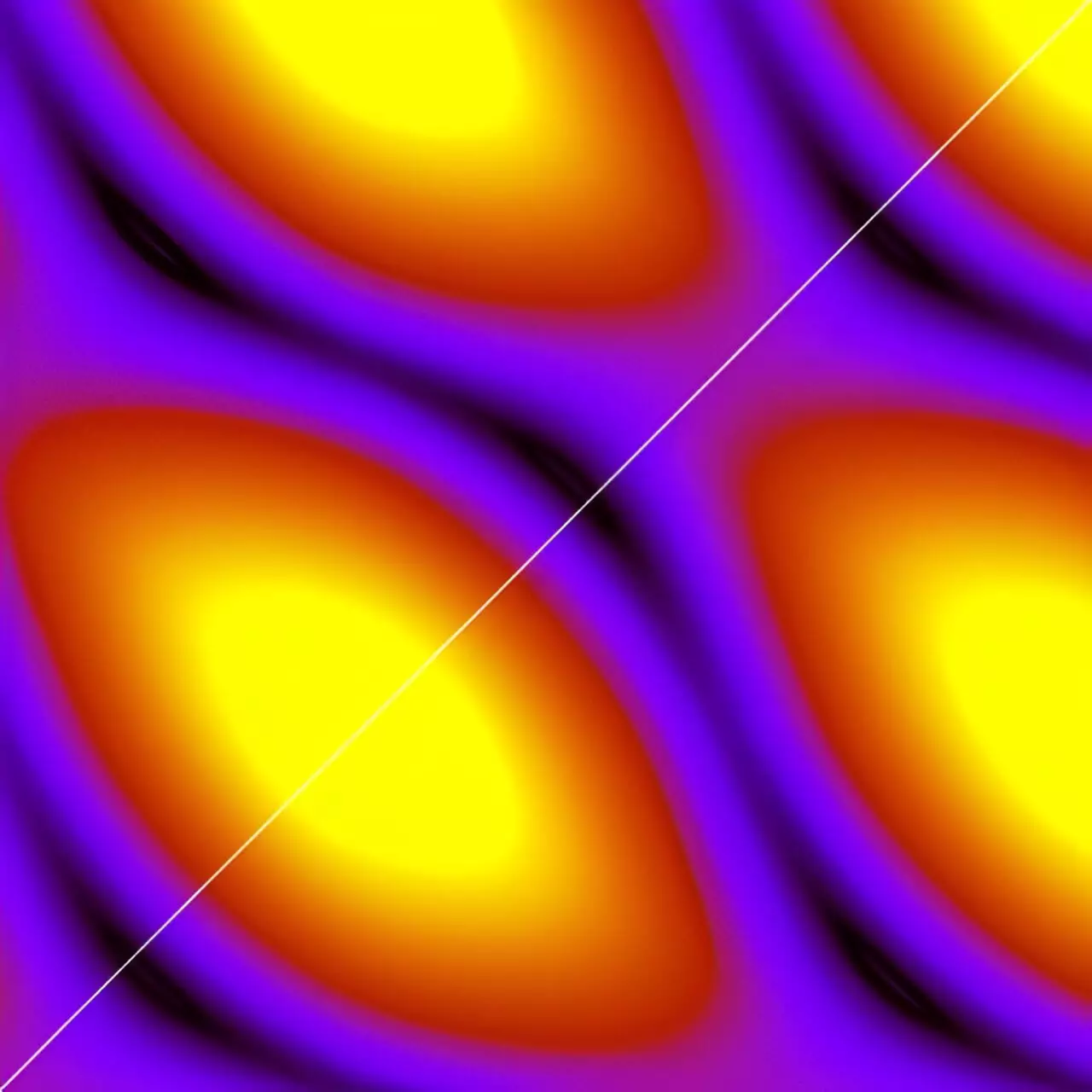Superconducting circuits have shown great promise for the development of quantum computers due to their ability to create electronic states resembling molecules. Physicists at RIKEN have recently made significant advancements in this field by investigating Andreev molecules in superconducting circuits. This research, published in Nature Communications, sheds light on the potential of utilizing these exotic effects for future quantum information technologies.
Superconductors, materials that exhibit no electrical resistance, offer a multitude of advantages in electronic circuits. One of the most significant benefits is their energy efficiency, as they do not generate wasteful heating like conventional materials. Additionally, superconductivity in these materials arises from quantum-mechanical interactions between electrons, leading to unique functionalities that are not available in traditional devices.
The basic component of superconducting circuits is the Josephson junction, which consists of a normal material sandwiched between two superconductors. This setup allows for the control of supercurrent flow. When electrons in the normal material interact with the superconductors, Andreev bound states are formed, giving rise to intriguing phenomena such as Andreev molecules.
By closely studying two Josephson junctions connected through a shared superconducting electrode, Matsuo and his team were able to observe the formation of Andreev molecules. These molecules enable one Josephson junction to control another, leading to the emergence of superconducting transport phenomena like the Josephson diode effect. This effect has the potential to revolutionize rectifiers in superconducting circuits, reducing dissipative losses significantly.
The researchers utilized a thin layer of indium arsenide to create the Josephson junctions and coupled them through an aluminum superconducting electrode. By performing tunneling spectroscopy, they were able to measure the energy levels in the junctions corresponding to Andreev molecules. This groundbreaking study not only confirmed the existence of Andreev molecules in coupled Josephson junctions but also demonstrated their controllability for the first time.
The exploration of Andreev molecules in superconducting circuits opens up a world of possibilities for quantum computing and information technologies. By harnessing the unique properties of these electronic states resembling molecules, researchers can pave the way for more efficient and advanced quantum devices. The work done by Matsuo and his team at RIKEN provides crucial insights into the fundamental behavior of Andreev molecules, marking a significant step forward in the field of quantum computing.



Leave a Reply